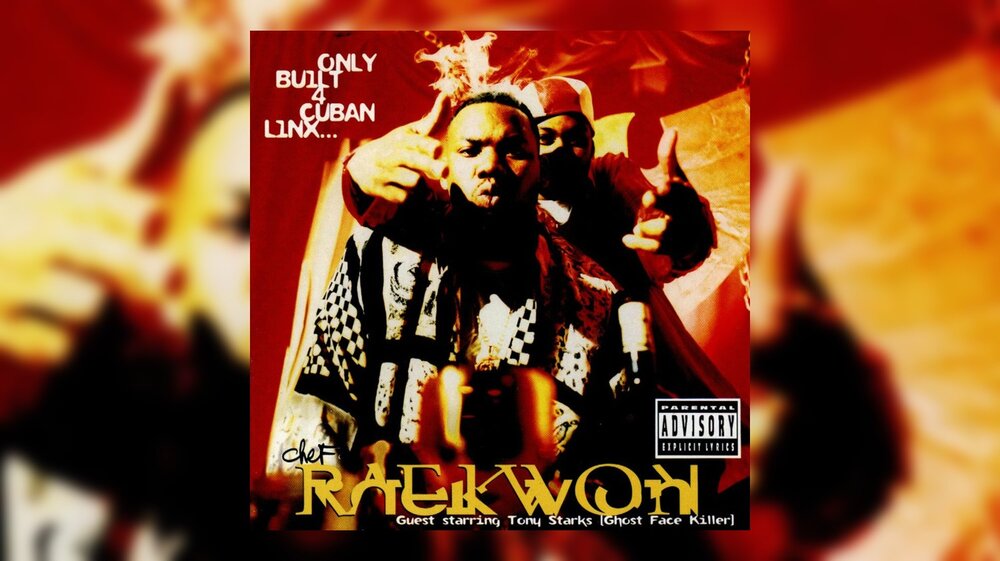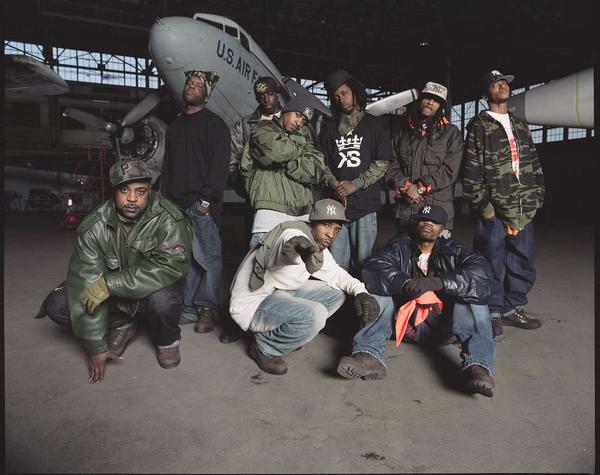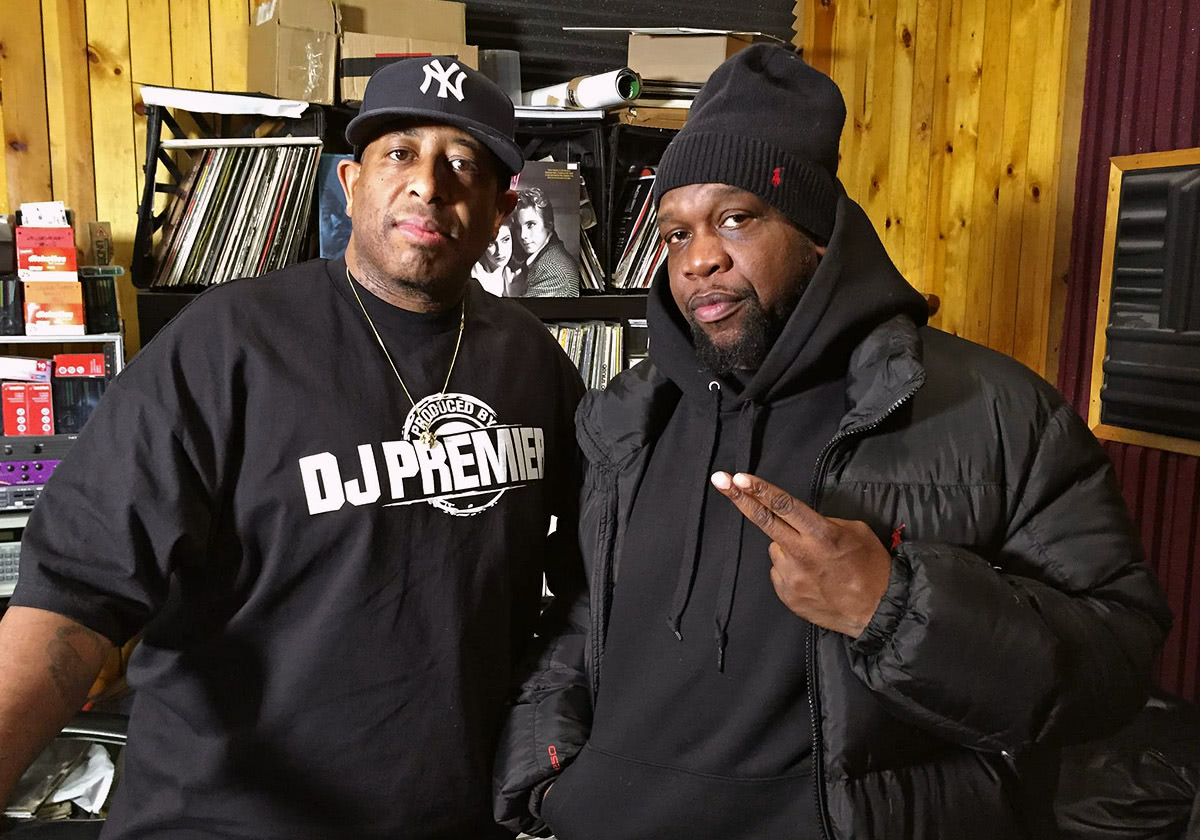The historic tensions between Baltimores Black working class communities and the Baltimore Police Department were brought to a head on April 12th when 25-year-old Freddie Gray was beaten so badly that his spine was broken in three places. Yet the arresting officers reported that he was arrested without force or incident. Gray died of his injuries a week later. The cadre of liars was since suspended pending an investigation, but the Black citizens of B-More didnt need to wait for the results of an investigation. Another of of their own was killed by the police, but this time the cops were caught in their own lie.
On April 27th, family, friends and well-wishers laid Freddie Gray to rest. As is often the case in such circumstances, the family of the deceased called for calm on the day their loved ones mortal remains were entombed.
However, there would be no calm in Baltimore, Maryland on that day.
For many in the greater society, the ongoing unrest in the City of Baltimore, Maryland is an incredulous thing to behold. As visions of burning buildings and looted liquor stores flicker across television screens, Baltimore sits under Marshall Law. Governor Larry Hogan has called out the Maryland National Guard and a curfew for children has been placed in effect.
They say a child shall lead us. Although there were an estimated 10,000 non-violent protesters gathered in Downtown Baltimore, the news is pregnant with photos of the citys Black school-aged children throwing rocks at the police, committing acts of vandalism and looting that has been reported throughout the city. There are also many upstanding Black members of Baltimore who are taking to the airwaves to get across a message of nonviolence, distancing themselves from the violence while admonishing those who are accused of participating in it.
The sickening frequency of Black people being hunted and killed with impunity in America in 2015 has elicited a strong sense of dj vu within the mind of this writer. I, along with thousands of selfless men and women who step into social activism, have participated in several non-violent protests since the murder of Trayvon Martin all the way through to demonstrations over the death of Eric Garner. But there is another side to activism that is much-maligned, largely vilified and seldom appreciated by the people they wish to liberate, yet they persevere. Even in this racially-charged atmosphere, I had not been around this segment of the movement for nearly two decades.
Prior to the fires of Baltimore, I was drawn back to a familiar environment. Though many of the names had changed, the cry was the same: freedom.
On Thursday, The Shadow League was at the world-famous BB Kings venue in Times Square. The affair took place on the eve of incarcerated freedom fighter Mumia Abu Jamals birthday. I immediately became intrigued with the affair based on the lineup- M-1 of dead prez, often-quoted Ferguson activist and rapper Tef Poe, activist and world-renowned wordsmith Aja Monet, and Bronx rappers Rebel Diaz, among a menagerie of talented poets and speakers. Though I had never heard of him prior to the engagement, we must give a special shout out to young YC the Cynic. His cadence and lyricism are formidable and it was a joy to witness his abilities live as well. Other poets from across the diaspora of Black and Brown people took famed stage within a stones throw of the bright lights of Time Square.
The culture of hip-hop has been an integral part helping me meld a world view as a teen, this type of conscious hip-hop in particular. This form of hip-hop reminded me to be proud of who I was, that racism is a real and tangible thing and that white supremacy is my sworn enemy. Everything else kind of grew from that as far as how I view the world. M-1, along with comrade-at-arms Stic, forms Dead Prez. They released the quintessential album of that signature sound with the release of Lets Get Free in 2000.
This affair was to raise funds for Mumias medical treatment as his health took a turn for the worst on March 30th. He was diagnosed with diabetic shock, but Mumia has no history of Diabetes at the age of 61. Prison officials have reportedly denied his request to see a medical specialist to treat his condition. It is upon hearing this piece of information that I am reminded of his tenuous and unfortunate fate.
Ive have been to my fair share of rallies, marches, sit ins, Black town hall meetings and symposiums, more so than the average person Id bet; Black or otherwise. But I no longer publicly count myself among their number, in part, because of the objectivity required in my chosen career as a journalist. I can honestly say it was mostly because I had just gotten tired; tired of bumming rides, tired of sleeping on couches, tired of being misunderstood and tired of being broke. If were gonna keep it real, lets keep it all the way real. And so, as the slimy tendrils of adulthood encroached, my desire to be actively involved in the movement fled. However, I vowed to use my station as a platform and to always be fair and supportive of the Black Liberation Movement in the United States whenever I could.
These are my experiences from that evening captured on video and transcribed audio.
His incarceration has been a point of contention between the City of Philadelphia and the African American community for over 30 years. His plight has galvanized young men and women from across the generational spectrum to speak up against injustice and racism in the United States. As the venue began to fill with the sights and sounds of underground hip-hop reminiscent of my youth I couldnt help but get the urge to become completely swept up in the evening for the sake of nostalgia.
With support from Amnesty International and leagues of other non-profit human rights organizations, Mumia Abu Jamals cause is known worldwide because of the grassroots efforts of angered and inspired young men and women just like the ones who performed and visited BB Kings that evening.
Im here because believe in the liberation of our people, said Rodrigo Venegas aka RodStarz of Rebel Diaz. I believe in the overthrowing of the capitalist, imperialist system that we live in, thats based on slavery, genocide, stolen land, and I believe in the liberation of all political prisons that fought against that system.
Today, were specifically talking about freedom for Mumia Abu Jamal. Were trying to bring attention to the medical negligence that the state is trying to kill him with. Even today, the name of Mumia still strikes fear in the heart of the empire. You see a heavily-policed situation outside, you see heavily-enforced frisking of everybody you see coming in, and theyre trying to demonize us and make us captive in this very venue. That is the power of Mumia, that is the power of an idea. We will forever be on the right side of history. Those are the ideas that will eventually fight for all of humanity because capitalism is killing all of us.
The name of Mumia Abu Jamal is just as controversial today as it was in 1982. M-1 says it is necessary to invoke his name, and the names of other political prisoners.
The recognition of political prisoners is a pressure point that can be used strategically to evidence the war thats happening against Black and Brown, and other poor and impoverished people in this country, as evidenced by a system of enslavement to perpetuate its own existence. Its funny when you talk about political prisoners, its not just something thats related to our fathers, uncles and brothers who have been locked up unjustly. Yes, thats true, but in reality this is a strategic point on behalf of our movement. For the African Liberation Movement in general, and for the international liberation movement, that can put pressure on certain pinpoints and expose, exacerbate and make clear all of the contradictions in America, which is not easy.
One thing that those who are dedicated to social activism always seem to have is an abundance of is faith. Though he appears to espouse the necessary measures needed to bring light to social injustice in America, M-1 and those gathered, were filled with positive energy and an undimming resolve. The very same energies that birthed hip-hop music over forty years ago.
Our community produced all of rap. Not just some of rap, all of what rap music is. The good, the bad and the ugly. So, its our same community that is riddled with contradictions but deserves to be free, the same community that has a tradition of servitude and bondage to serve their system of enslavement. Our community, which today is trying to figure out, in a Rubix Cube sort of way, how to get out of the situation that we are in. You know, let me tell you, our community when injected with the incorporated,, monogrammed sort of love for material things that come with being branded as successful sometimes divorces us from the ability to talk about things candidly. For means that we are alienated or not allowed in the in circle, or in this kind of privilege inner crowd that is deemed important by the powers that be. Weve always rebuked that. Thats what hip-hop has always been really important, courageous and brave about. That is the rebelliousness that sort of made us who we are. At the end of the day, thats what we have to fight for. We have to fight for our ability to be autonomous, our ability to be independent in the face of what popular opinion is, to being unpopular. Because, realistically, in the material world thats the whole sway. Its influential. Therefore, whether we provide for our children, have a successful career, or even meaningful to the world, depends on whether we are liked by the people who have enslaved us, and this is a problem. Thats part of what hip-hop is. We have to not be afraid to say things to the slave master. Too many of us give a damn about what the people who own us think and it mutes our point of view.
This is revolutionary culture. Its a huge umbrella. Im proud to be a part of Dead Prez, a part of Peoples Army, our extended family thats here tonight. The courageous ones, the voices of the voiceless, and we continue in all aspects. There are many of us who chose the path of social justice over kind egotistical, self-aggrandizement, and I support and applaud our brothers and sisters who are in this fight. I still do Dead Prez music, I continue with RBG in many forms. Im a social scientist. Im an organizer. I was built this way from way back. Not a rapper, or an emcee even. Im a social scientist who is really about how we can achieve power in the hands of our people now.
As the evening ended, the patrons streaming from the confines of BB Kings, the once prominent NYPD presence had dwindled to just two officers trying hard to look tough through shivering teeth. Alas, the revolution would not be fought there on that day.
No sooner than I sat down to finish the final edit of this story than another incident of excessive force was used against an unarmed Black male citizen. An Immigration and Customs Enforcement Officer shot and killed. The unnamed victims name is rumored to be Terrence Kellum by the Detroit Coalition Against Police Brutality. The police shooting playbook was already in full effect. The officer said he felt threatened. It seems like it doesnt take much to frighten cops these days, especially if youre Black.
A fight that is as old as Black existence in this country has entered another round, with a fresh allotment of brilliant, articulate, and resilient young Black activists stepping to the fore. Theres no way to know whether the immortal spirits of those unrighteously killed by police across the country gave their approval, but one would think so.



